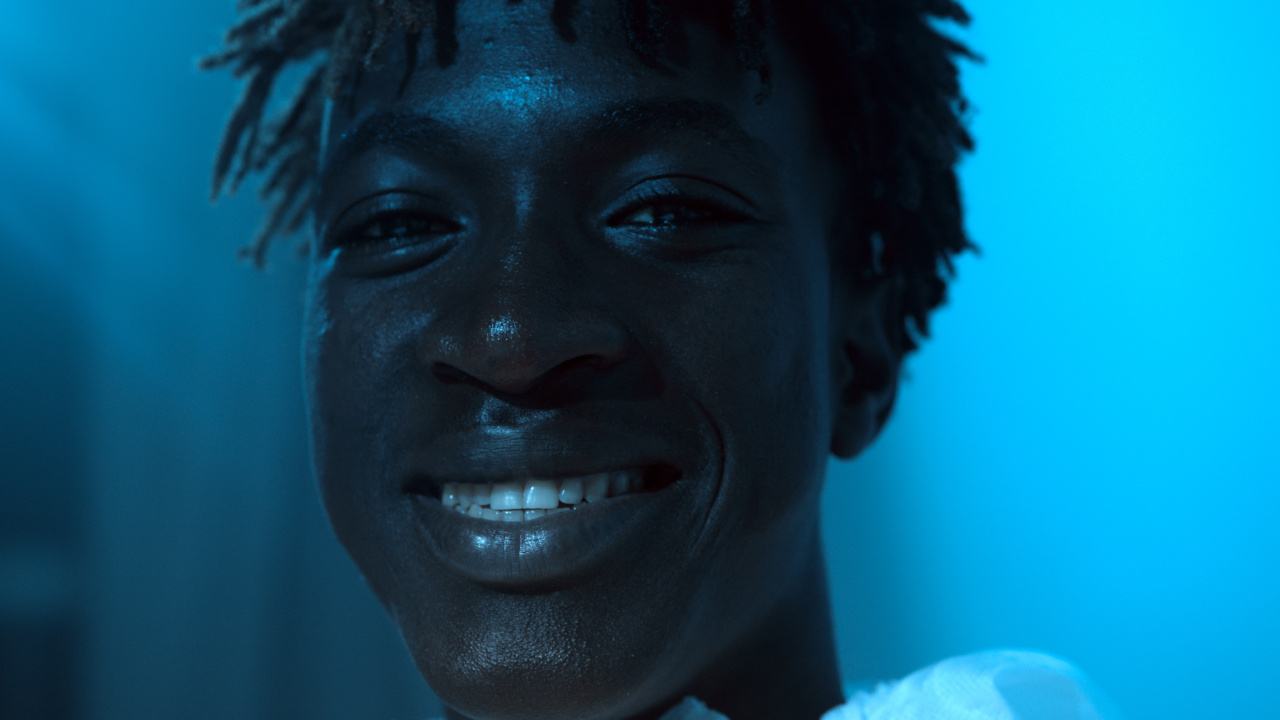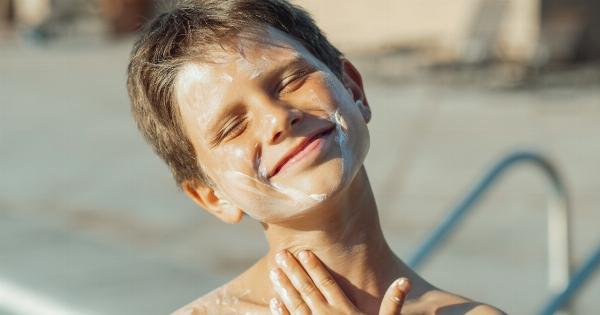The sun’s ultraviolet (UV) rays can damage your eyes and lead to vision problems, such as cataracts and macular degeneration. Therefore, it is important to wear sunglasses and other protective eyewear when you are outside in bright sunlight.
Choose Quality Sunglasses
When buying sunglasses, choose a high-quality pair that blocks 100% of both UVA and UVB rays. Look for sunglasses with a label that indicates they provide this level of protection.
Additionally, consider purchasing polarized lenses, which reduce glare and provide clearer vision in bright sunlight.
Wear Sunglasses in Bright Sunlight
The sun’s brightness can damage your eyes even on cloudy or overcast days. Therefore, it is recommended to wear sunglasses during daylight hours, especially between 10 am and 4 pm when the sun’s rays are the strongest.
Additionally, you should wear sunglasses when you are near water, sand, or snow, which can reflect sunlight and increase its intensity.
Choose Wraparound Sunglasses
In addition to purchasing high-quality sunglasses, consider buying a pair with a wraparound design. This style of sunglasses provides additional protection by blocking sunlight from entering your eyes at the sides.
Wear a Hat with a Brim
Wearing a hat with a brim can supplement the protection offered by sunglasses. It can shield your eyes from sunlight that comes in from above or the sides.
Additionally, you may consider wearing a hat with a dark underside to reduce the amount of sunlight that reflects off of any nearby surfaces.
Consider Wearing Photochromic Lenses
Photochromic lenses are eyewear that darken when exposed to bright light and clear up when you are indoors or in dim lighting. This type of eyewear can be convenient for people who frequently move between bright sunlight and indoor environments.
Additionally, they can reduce the need to switch between prescription glasses and sunglasses.
Wear Protective Eyewear for Sports
If you participate in outdoor sports, consider wearing protective eyewear designed for that particular sport. These types of eyewear are often made from impact-resistant materials and can protect your eyes from flying objects, such as balls or debris.
Protect Your Children’s Eyes
The sun’s rays can be particularly damaging to children’s eyes. Therefore, it is especially important to protect their eyes when they are outside in the sun.
Consider purchasing sunglasses for your children that provide 100% UVA and UVB protection, and make sure they wear hats with brims to shield their eyes from overhead sun.
Store Your Sunglasses Properly
Proper storage of sunglasses can help keep them in good condition and prolong their lifespan. When you are not wearing your sunglasses, store them in a protective case to avoid scratching the lenses or frames.
Additionally, do not leave your sunglasses in the car, as the heat can damage the lenses or cause them to warp.
Clean Your Sunglasses Regularly
To maintain clear vision and extend the life of your sunglasses, clean them regularly. Use a soft microfiber cloth or special eyeglass cleaning cloth to gently remove dirt, dust, and smudges from the lenses.
Avoid using your shirt or other clothing items to clean your sunglasses, as they could scratch the lenses.
Visit Your Optometrist Regularly
Regular eye exams can help detect vision problems early on and prevent further damage to your eyes. Additionally, your optometrist can check for signs of sun damage to your eyes and provide guidance on proper eye protection.
Therefore, it is recommended to schedule an eye exam at least once every two years or more frequently if you have any vision problems or medical conditions that affect your eyes.





























